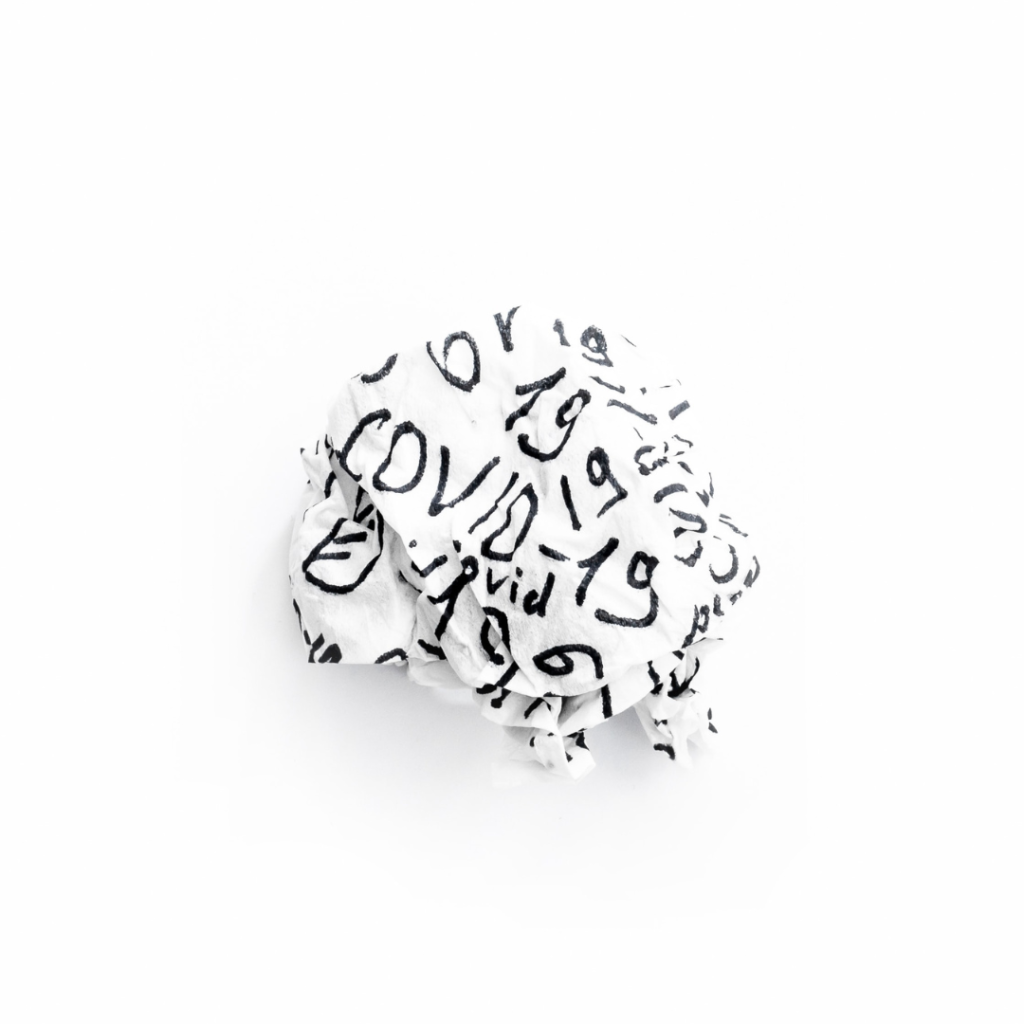
How often have you prepared for a job interview by articulating your weaknesses? Apparently describing yourself as an empathic sponge who absorbs all the moods and emotions of the classroom is not the best self-promotional strategy when applying for an academic job.
In this episode we explore interviews as discursive practices that require us, as Michel Foucault might say, to become subjects.
I prefer the word ‘self’ to ‘subject’, and I like to think of language as forming the membrane that constitutes the self. An oppressive society requires a rigid membrane. A welcoming society respects the membrane, and honours the opportunities for intimacy inherent in the language-created notions of ‘self’ and ‘other’.
The natural world provides illustrative examples of the types of symbiotic relationships that membranes offer. We even have, I was surprised to discover, a symbiotic relationship with viruses. Eight percent of the human genome has its origin in DNA from viruses. Our relationship and understanding of viruses can give us ideas about how to integrate those aspects of self and world that we’d prefer to keep distant.
The book I mention in this episode is Frank Ryan’s Virolution.
The story I read in this episode is ‘To meet you’, and it’s available on grammarfordreamers.com.
Connect with me (and sign up to my newsletter) here: grammarfordreamers.com/connect
Follow me on Instagram @grammarfordreamers, Facebook www.facebook.com/Grammarfordreamers/ or Twitter @jodieclarkling
Subscribe on Apple podcasts, Spotify or wherever you like to listen. Rate, review, tell your friends!








